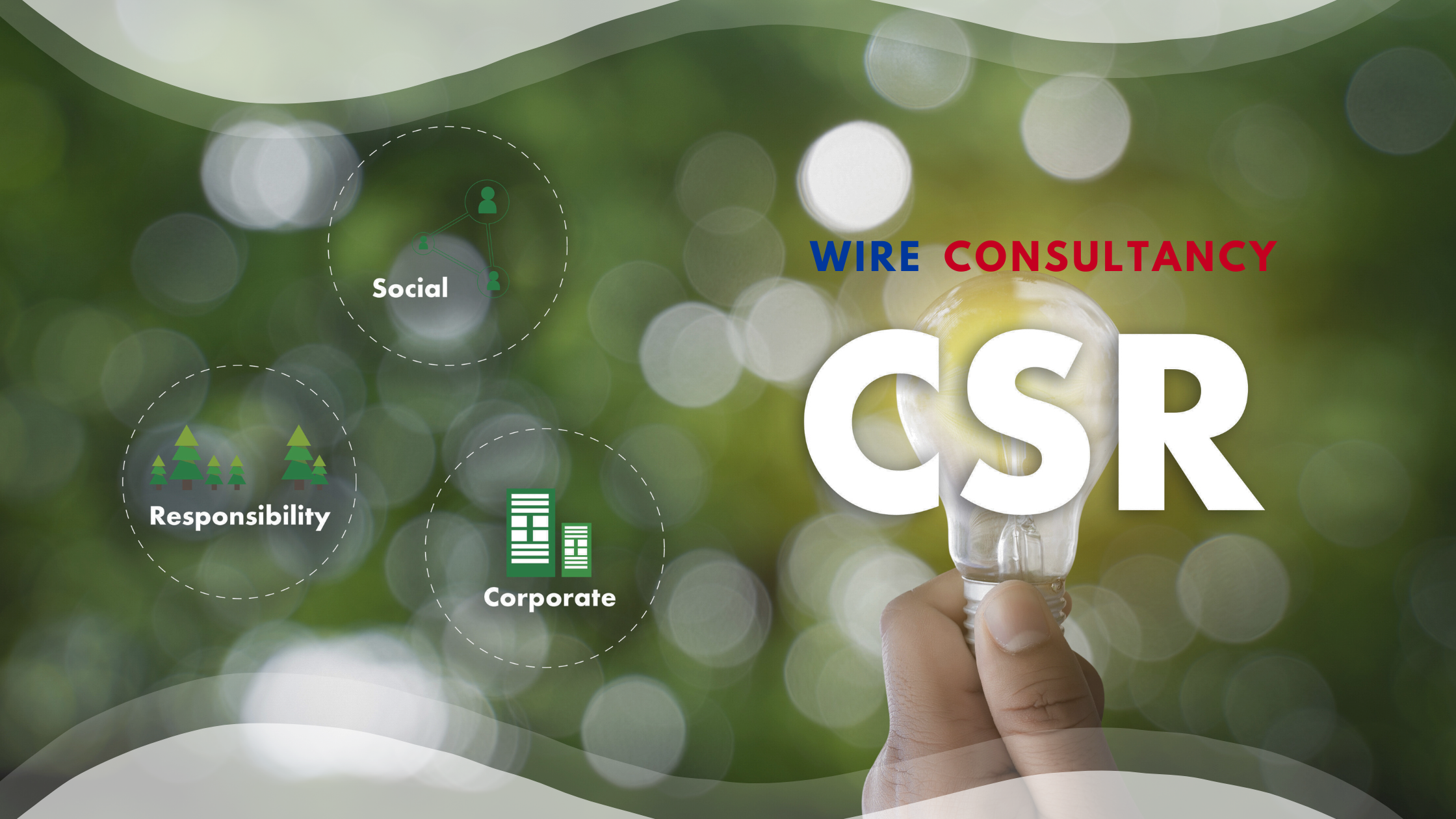Corporate Social Responsibility (CSR) has become an integral part of the business landscape, with companies worldwide recognizing the importance of giving back to society. However, the true value of CSR lies in its impact on the communities it aims to serve. To measure this impact effectively, conducting thorough impact assessments of CSR projects becomes crucial. In this blog, we will explore the significance of impact assessment of CSR projects, highlight the diverse scopes it encompasses, and showcase how Wire Consultancy can help organizations maximize the value of their CSR initiatives.
I. The Significance of Impact Assessment of CSR Projects:
Monitoring of CSR activities, reporting, and impact assessment is mandatory as per the Companies (Company Social Responsibility Policy) Act, 2013, and the CSR Amendment Rule, 2022. Also, it is the responsibility of the Company to monitor the funds of the Company which are to be utilized as per the CSR Policy of the Company.
Impact assessment plays a vital role in determining the success and effectiveness of CSR projects. It allows organizations to gauge the tangible and intangible outcomes of their initiatives and identify areas for improvement. By measuring the impact, companies can ensure that their resources are being utilized optimally to address societal challenges. Moreover, impact assessment provides a basis for transparency and accountability, enabling organizations to communicate their social contributions more effectively to stakeholders.
II. The Diverse Scopes of CSR Project Evaluation:
When assessing the impact of CSR projects, organizations must consider the diverse scopes within which they operate. These scopes typically include environmental, social, economic, and potentially other relevant areas.
- Environmental impact assessment evaluates how CSR initiatives contribute to sustainability, climate change mitigation, and conservation efforts.
- Social impact assessment focuses on the well-being of communities, including factors like education, healthcare, and poverty alleviation.
- Economic impact assessment measures the financial implications of CSR projects, such as job creation, local economic growth, and supply chain development.
It’s important to note that the specific scopes may vary depending on the organization and its CSR goals.
III. Maximizing Value with Wire Consultancy:
To ensure effective impact assessment of CSR projects, organizations can benefit from partnering with Wire Consultancy. Wire Consultancy offers a range of expertise and tools that help measure, analyze, and enhance the value of corporate social responsibility initiatives. By leveraging Wire Consultancy’s specialized knowledge and resources, organizations can gain valuable insights into the impact of their CSR projects, identify areas for growth, and align their efforts with their overarching sustainability goals.
Conclusion:
The true value of corporate social responsibility lies not just in the act of giving back, but in the positive and lasting impact it has on society.
By conducting impact assessments, organizations can demonstrate their commitment to sustainable practices and inspire positive change. Wire Consultancy, with its expertise in CSR consulting, offers comprehensive support to organizations in maximizing the value of their CSR reports and driving meaningful impact.
With a comprehensive understanding of the impact, organizations can refine their CSR strategies and make a meaningful difference in the communities they serve.

